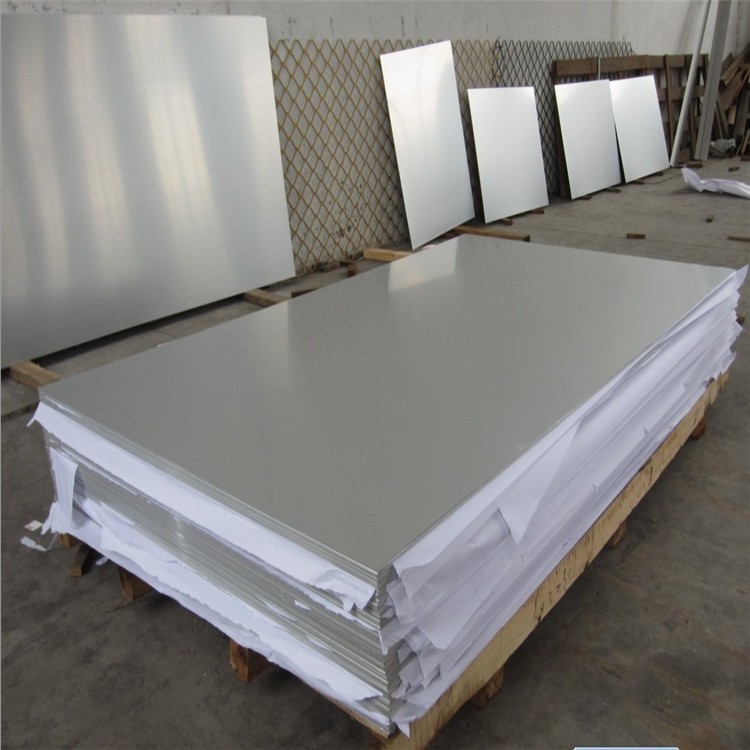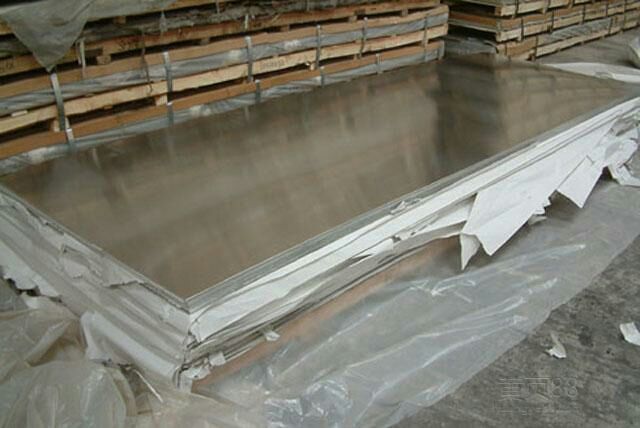Aluminum plates are widely used in various industries due to their favorable properties such as lightweight, high strength, and excellent corrosion resistance. Two commonly used aluminum alloys are 5083 and 6061, each with distinct characteristics. This article explores whether 5083 aluminum plates can be replaced by 6061 aluminum plates by examining their mechanical properties, corrosion resistance, weldability, and suitability for specific applications.

Mechanical Properties
5083 Aluminum Plate:
Tensile Strength: 42,000 psi
Yield Strength: 21,000 psi
Elongation: 12%
Hardness: Brinell 75
6061 Aluminum Plate:
Tensile Strength: 45,000 psi
Yield Strength: 40,000 psi
Elongation: 17%
Hardness: Brinell 95
6061 aluminum plate has higher tensile and yield strengths compared to 5083, making it more rigid and harder. However, 5083 offers better elongation, meaning it can withstand more deformation before breaking. Therefore, if an application requires higher strength and rigidity, 6061 might be more suitable. Conversely, if ductility and the ability to absorb energy before fracturing are crucial, 5083 is the better choice.

Corrosion Resistance
5083 Aluminum Plate: 5083 is renowned for its excellent corrosion resistance, especially in marine environments. It is highly resistant to seawater and industrial chemicals, making it ideal for shipbuilding, offshore structures, and chemical handling applications.
6061 Aluminum Plate: 6061 offers good corrosion resistance but is not as robust as 5083 in marine or highly corrosive environments. While it performs well in atmospheric conditions and general industrial applications, it may require additional protective coatings for use in harsher environments.
Weldability
5083 Aluminum Plate: 5083 has excellent weldability, making it suitable for applications where welding is required, such as shipbuilding, tanks, and pressure vessels.
6061 Aluminum Plate: 6061 also has good weldability, but the welding process needs careful control to avoid weakening the material. Postweld heat treatment may be necessary to restore the material’s properties, which adds complexity and cost to the fabrication process.
Application Specific Considerations
Marine Applications: Due to its superior corrosion resistance, 5083 aluminum plate is the preferred material for marine applications. Replacing 5083 with 6061 in these scenarios could result in increased maintenance costs and reduced longevity due to corrosion issues.
Structural Applications: For structural applications requiring high strengthtoweight ratios, 6061 aluminum plate is often preferred. Its higher yield strength and tensile strength make it suitable for aerospace components, automotive parts, and construction projects.
Conclusion
While 6061 aluminum plate can replace 5083 in certain applications, it is not a universal substitute. The choice between the two should be based on specific requirements such as mechanical properties, corrosion resistance, weldability, and the environment in which the material will be used. For applications involving marine environments or requiring superior corrosion resistance, 5083 remains the preferred choice. For structural applications where higher strength is critical, 6061 may be more suitable. Ultimately, understanding the specific needs of the application is essential to making the right choice between 5083 and 6061 aluminum plates.


